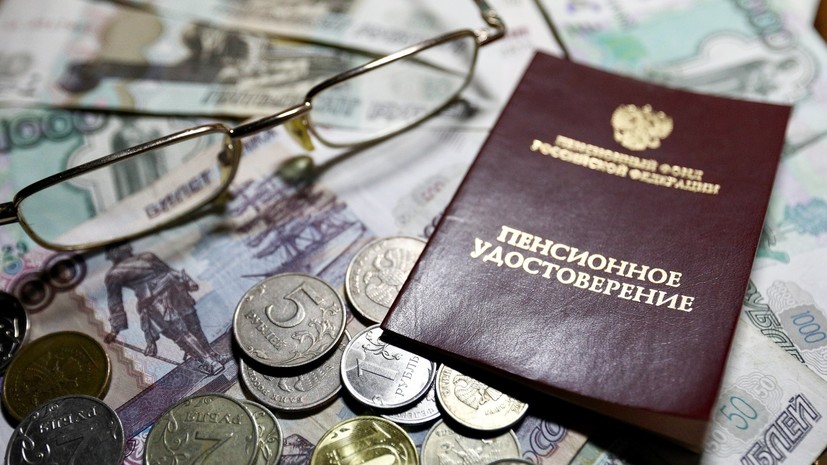From January 1, 2023, the pensions of non-working pensioners will be indexed by 4.8%, Russian Minister of Labor and Social Protection Anton Kotyakov said during a parliamentary dialogue in the Federation Council.
The minister mentioned this when answering a question about the forthcoming increase in the provision of pensions to citizens.
At the same time, Kotyakov recalled that earlier in Russia, by decision of the President, an intermediate indexation of pension provision by 10% was carried out from June 1.
He clarified that the increase affected both pensions and the subsistence minimum and the minimum wage.
The Minister noted that we are talking about indexation, which consists of two stages.
“According to the results of the two-stage indexation, which is now provided for by the current legislation, the total increase in pensions in relation to January 1, 2022 will be 15.3%, if we compare pensions as of January 1, 2022 and January 1, 2023,” he specified.
Kotyakov also noted that the subsistence minimum increased by 13.6%.
As the minister recalled, this affected all payments that are currently provided for in the federal budget and are directly related to the subsistence level of the corresponding socio-demographic group.
Thus, the amount of benefits, which are linked or calculated based on the subsistence level, increased by 13.6%.
Minister of Labor Kotyakov - on the indexation of pensions
Recall that since June 1, the average insurance pension has increased to 19,360 rubles, the minimum wage (minimum wage) - up to 15,279 rubles, and the cost of living - up to 13,919 rubles.
At the same time, for the able-bodied population, the subsistence minimum is 15,172 rubles, for children - 13,501 rubles, for pensioners - 11,970 rubles.
As noted in the government, the decision to index pensions affected about 35 million Russians.
In turn, the increase in the minimum wage made it possible to increase the salaries of more than 4 million employees.
Vladimir Putin proposed to carry out the corresponding indexation.
During the May 25 meeting of the Presidium of the State Council on Social Support for Citizens, the President stated that the growth of the welfare and quality of life of citizens remains a key and invariable priority for the state.
As Putin noted, the main task of the state is to ensure a further increase in the minimum wage so that the level of income of citizens significantly exceeds the subsistence minimum.
During his speech, Putin recalled that, taking into account previous decisions, from January 1, 2022, the insurance pensions of non-working citizens were indexed by 8.6%.
Based on this, the total increase in the amount of payments compared to the level of 2021 amounted to 19.5%.
The President drew attention to the fact that we are talking about an indicator above the inflation rate.
According to the Ministry of Labor, this decision should concern 35 million Russians.
Finance Minister Anton Siluanov, who was present at the meeting, estimated the implementation of the president's initiative at 600 billion rubles from the federal budget in 2022 and another 1 trillion rubles in subsequent years.
At the end of July, the head of the Russian government, Mikhail Mishustin, announced that the Cabinet of Ministers would allocate more than 10 billion rubles for additional payments to non-working pensioners.
According to Mishustin, this decision will affect social supplements to pensions of those citizens whose income is below the subsistence level.
In total, the regions will be able to pay allowances to more than 1 million Russians, the head of government specified.
He also recalled that, in accordance with the President's decision, the subsistence minimum increased by 10% from June 1, which led to an increase in the burden on the budgets of Russian regions.
As the prime minister specified, federal subsidies will allow them to compensate for the related expenses, which will allow them to pay allowances to more than 1 million people.

